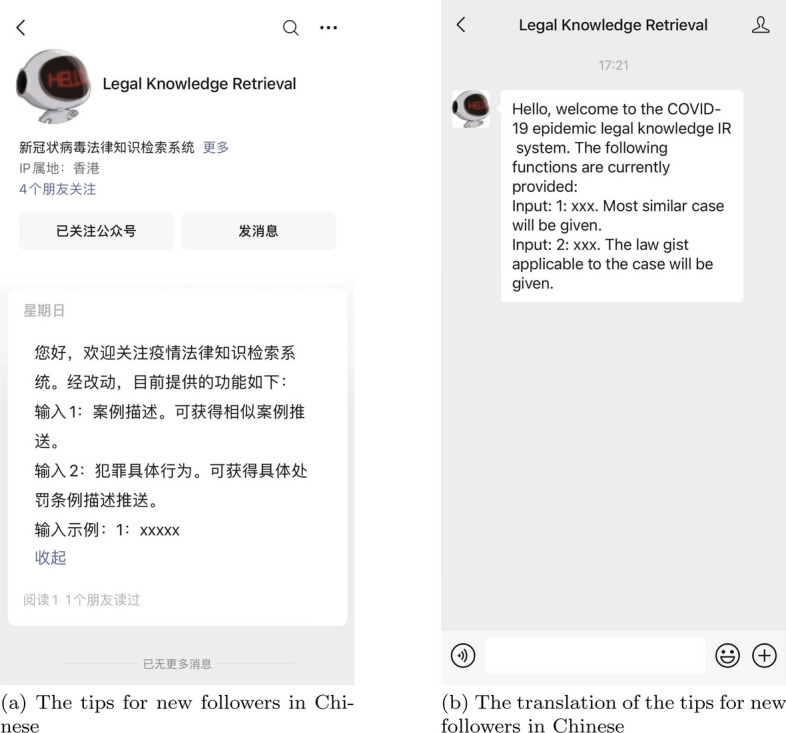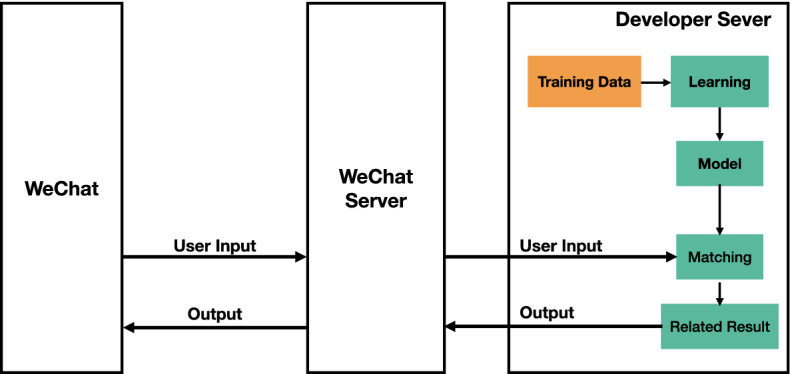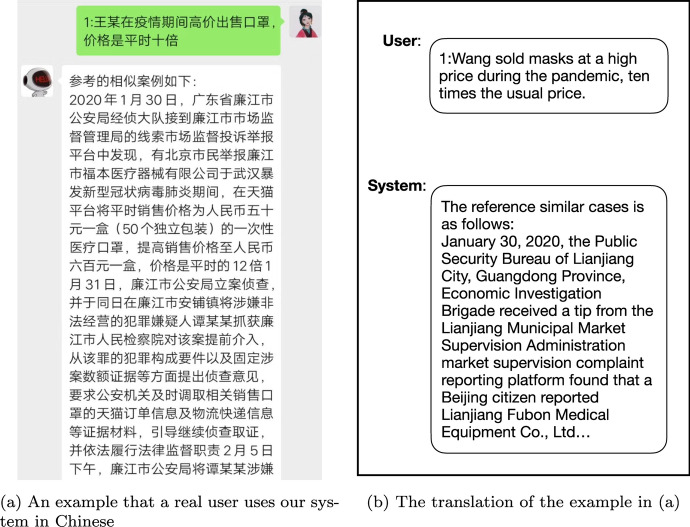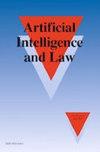Semantic matching based legal information retrieval system for COVID-19 pandemic
Abstract
Recently, the pandemic caused by COVID-19 is severe in the entire world. The prevention and control of crimes associated with COVID-19 are critical for controlling the pandemic. Therefore, to provide efficient and convenient intelligent legal knowledge services during the pandemic, we develop an intelligent system for legal information retrieval on the WeChat platform in this paper. The data source we used for training our system is “The typical cases of national procuratorial authorities handling crimes against the prevention and control of the new coronary pneumonia pandemic following the law”, which is published online by the Supreme People’s Procuratorate of the People’s Republic of China. We base our system on convolutional neural network and use the semantic matching mechanism to capture inter-sentence relationship information and make a prediction. Moreover, we introduce an auxiliary learning process to help the network better distinguish the relation between two sentences. Finally, the system uses the trained model to identify the information entered by a user and responds to the user with a reference case similar to the query case and gives the reference legal gist applicable to the query case.




 求助内容:
求助内容: 应助结果提醒方式:
应助结果提醒方式:


